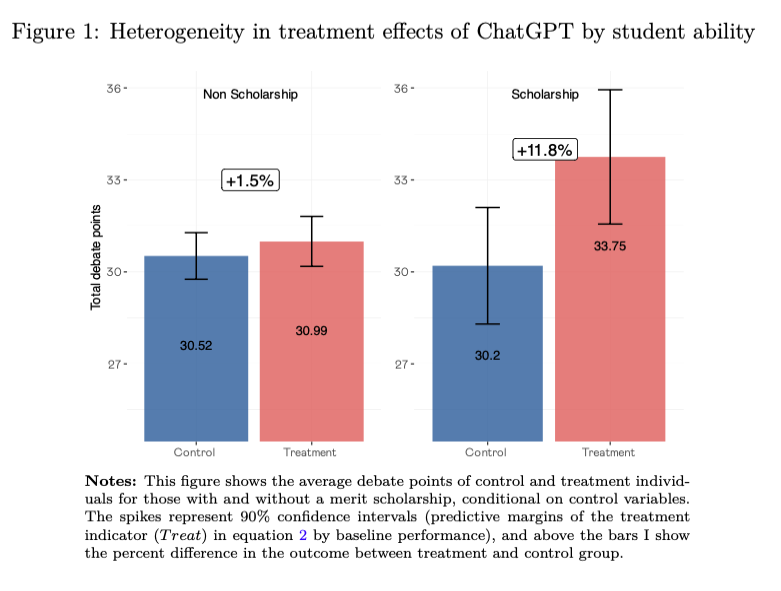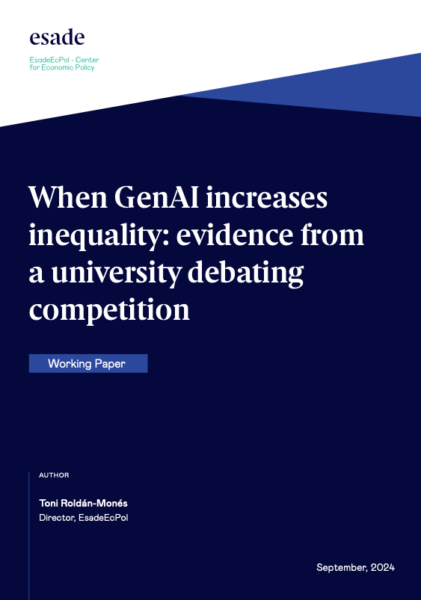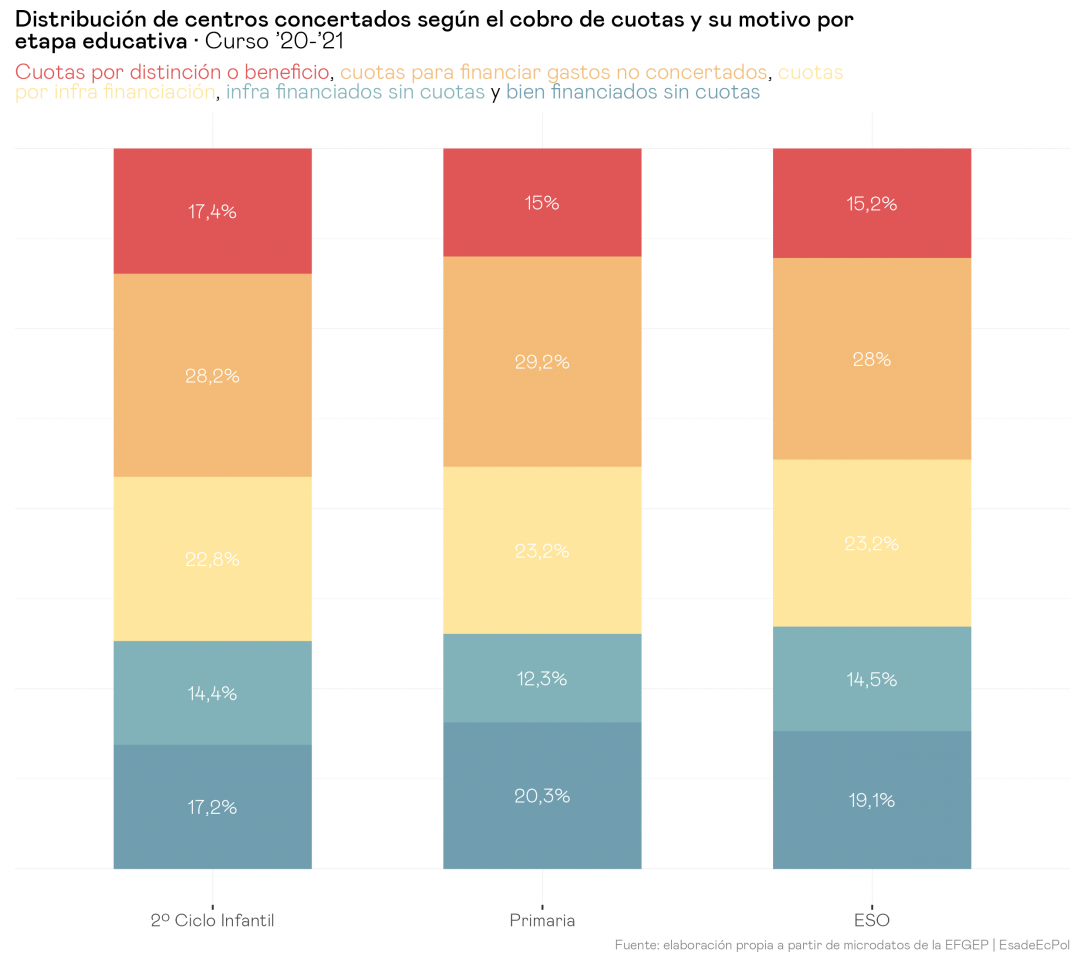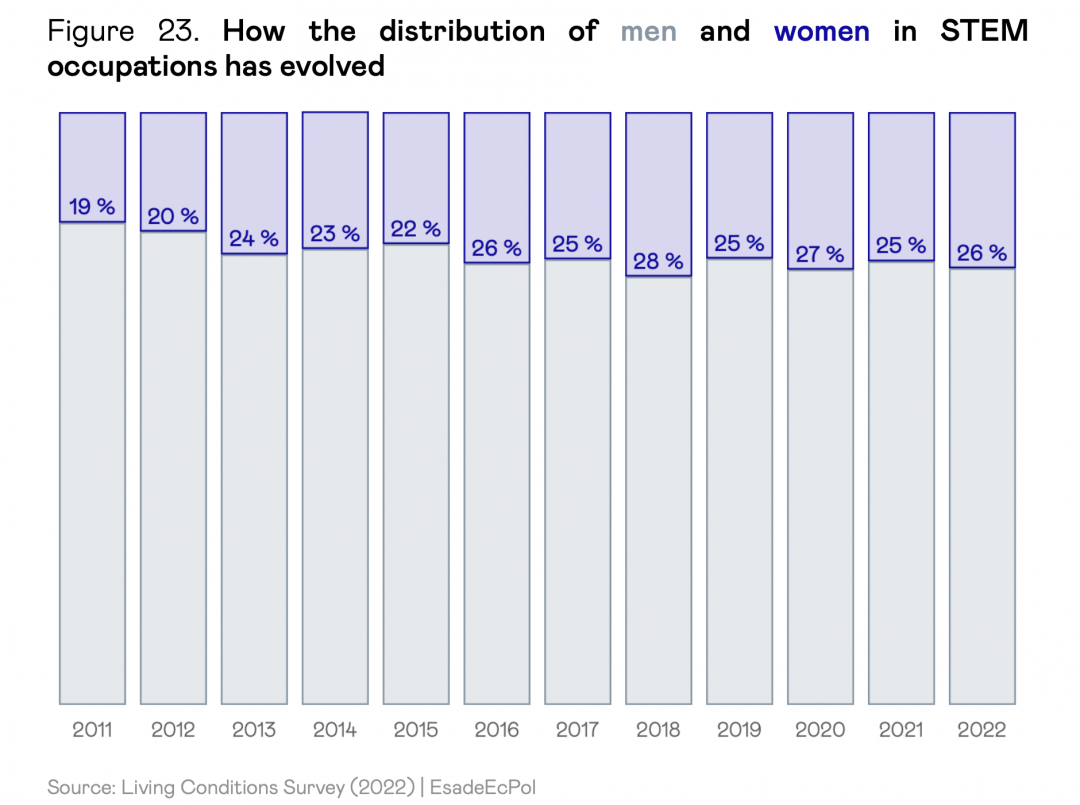
When GenAI increases inequality: evidence from a university debating competition
Toni Roldán
10 Sep, 2024
This paper evaluates the impact of Generative Artificial Intelligence (GenAI) on productivity and work inequality. I run a Randomized Controlled Trial in a university debating competition, in which I randomly assign GenAI support to students to prepare a series of one-on-one debates. This novel setting allows me to measure productivity improvements in a task involving unpredictable verbal interactions and high cognitive and social skills. Contrary to most early findings in the GenAI literature, I find that high ability students benefit significantly more from GenAI than their lower ability counterparts. Analysis of mechanisms suggests that high ability students are more effective at extracting and using the information provided by GenAI. They also experience larger improvements in their perception of time needed to prepare debates when allowed to use GenAI. I suggest a possible explanation to reconcile these results with previous findings: when tasks require higher-order skills and unpredictable interactions, and answers cannot be copy-pasted from the AI, high ability workers are likely to benefit more from GenAI.
*A previous version of this working paper was published at the LSE’s Programme of Innovation and Diffusion repository.




